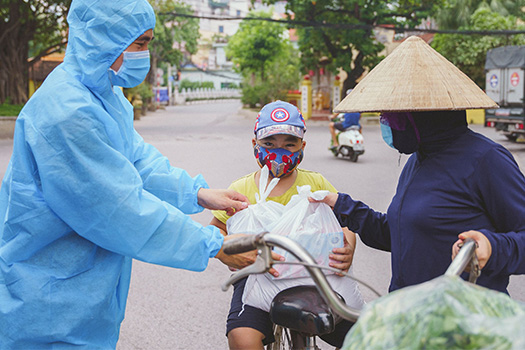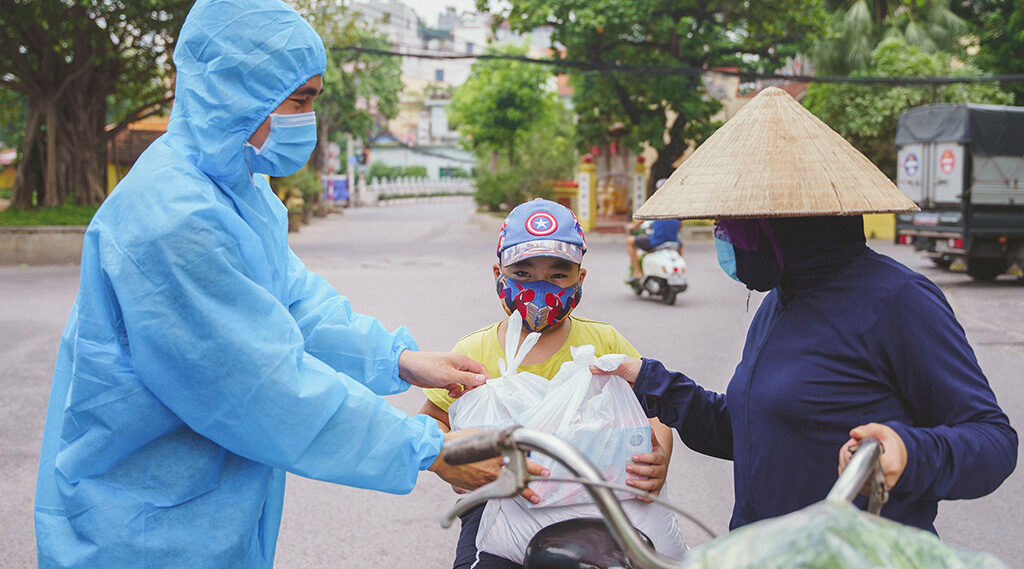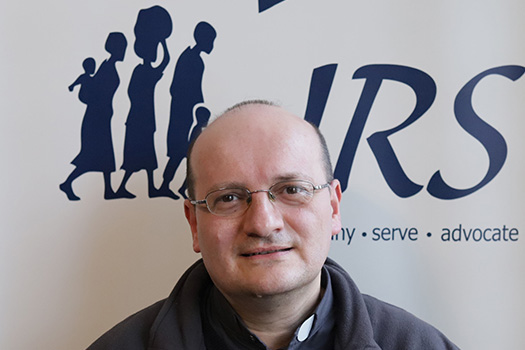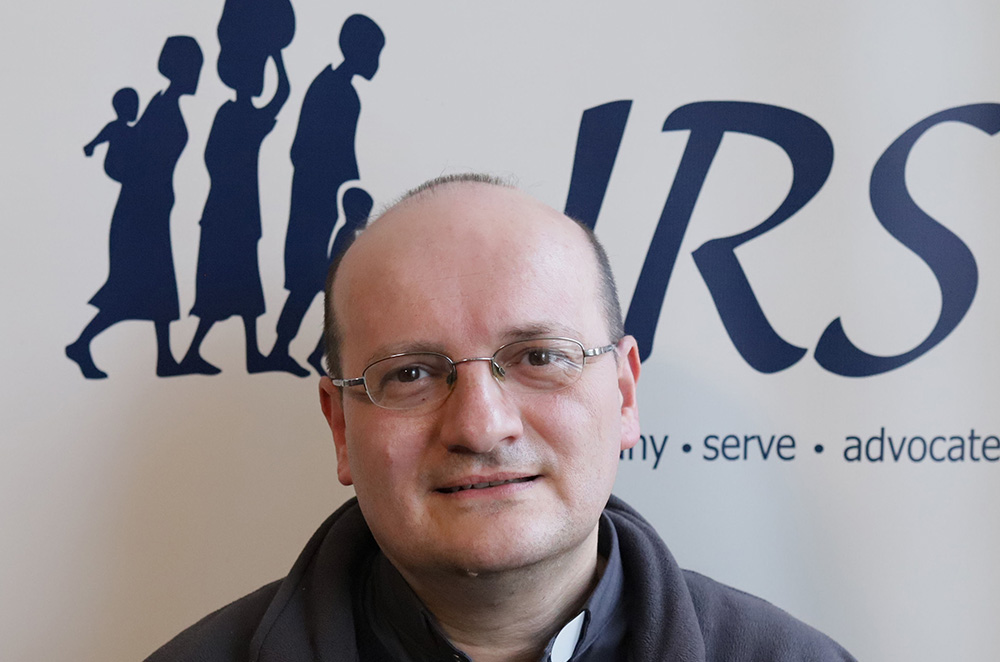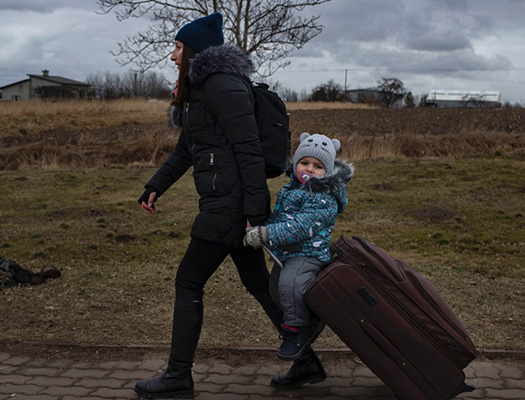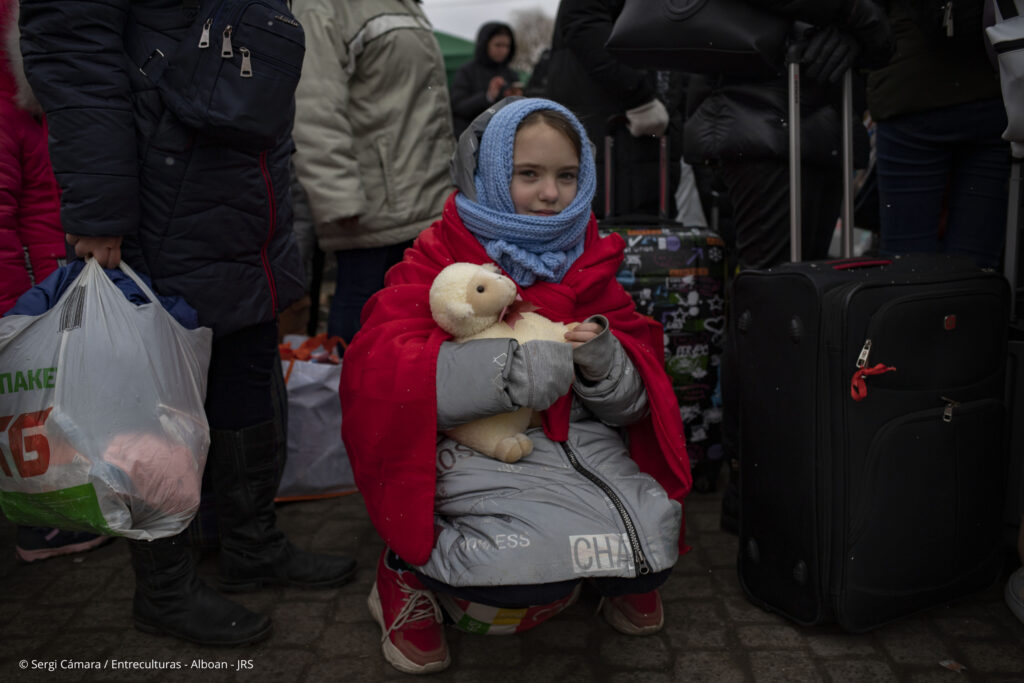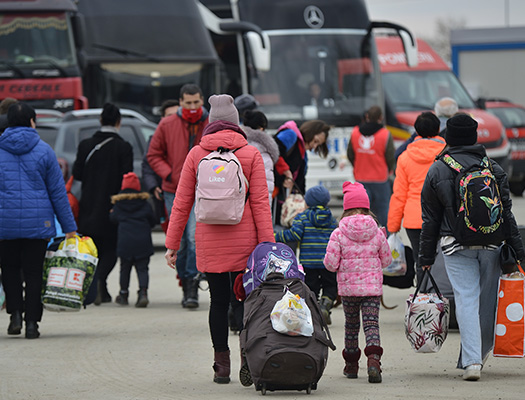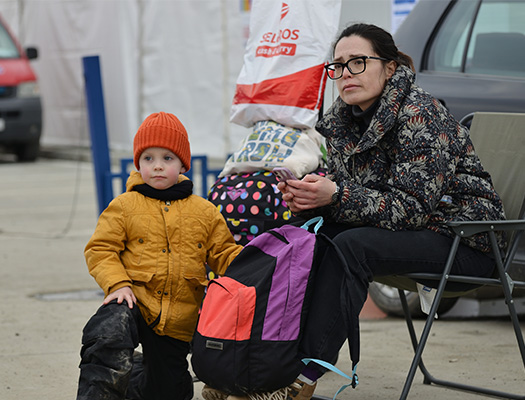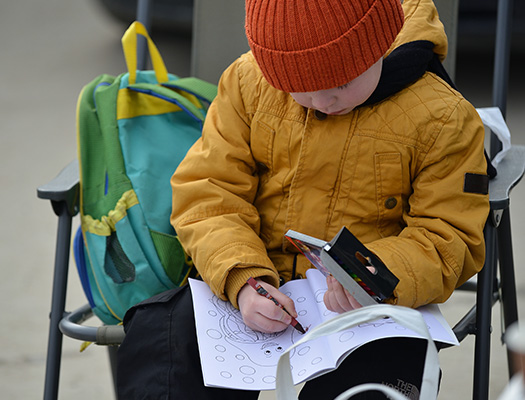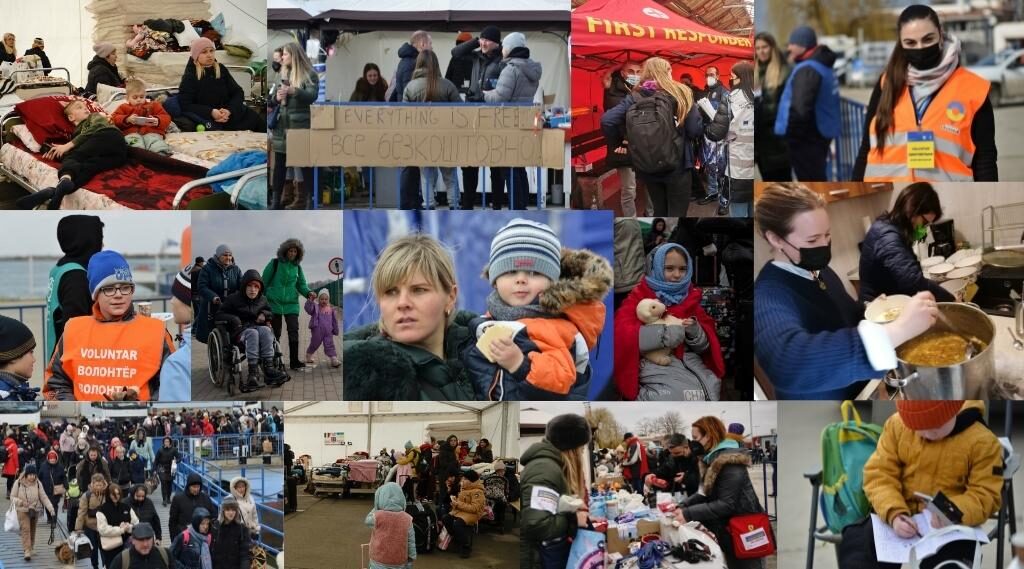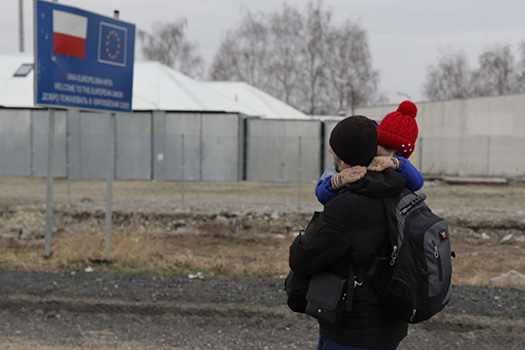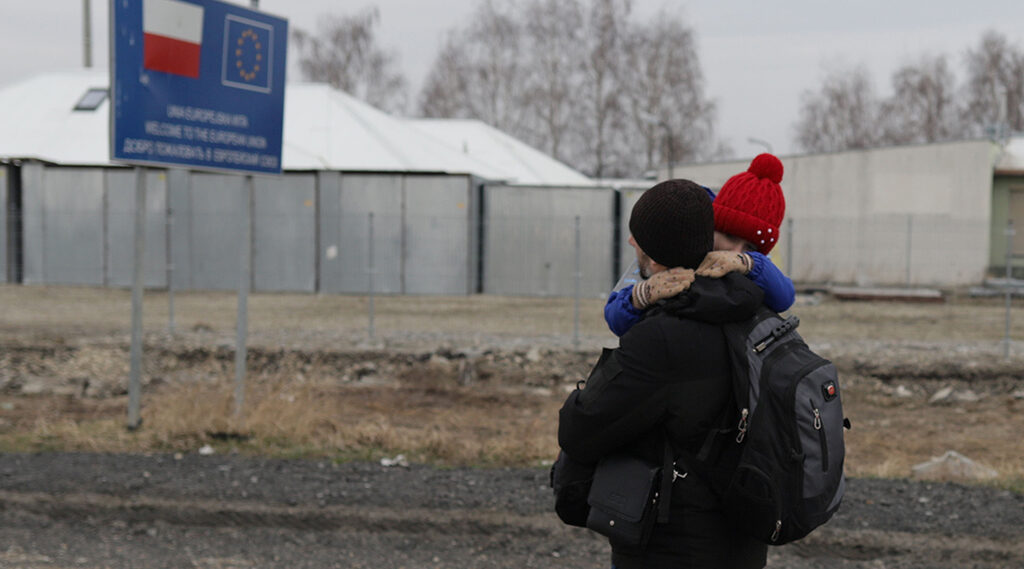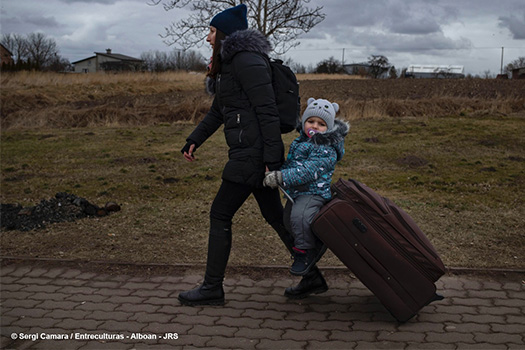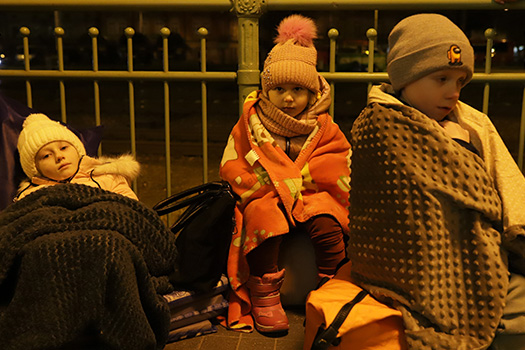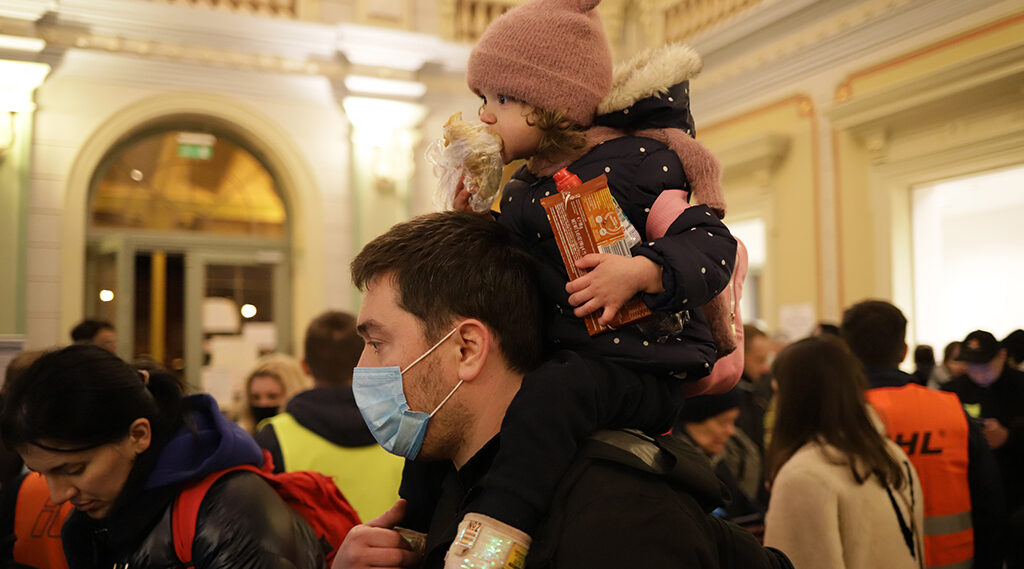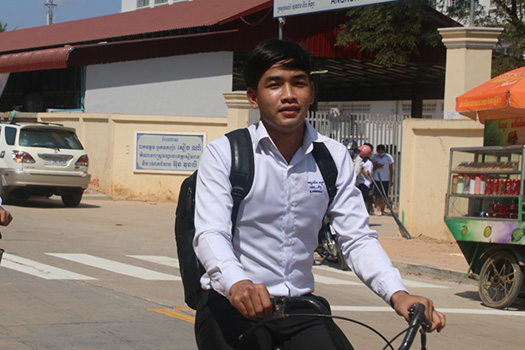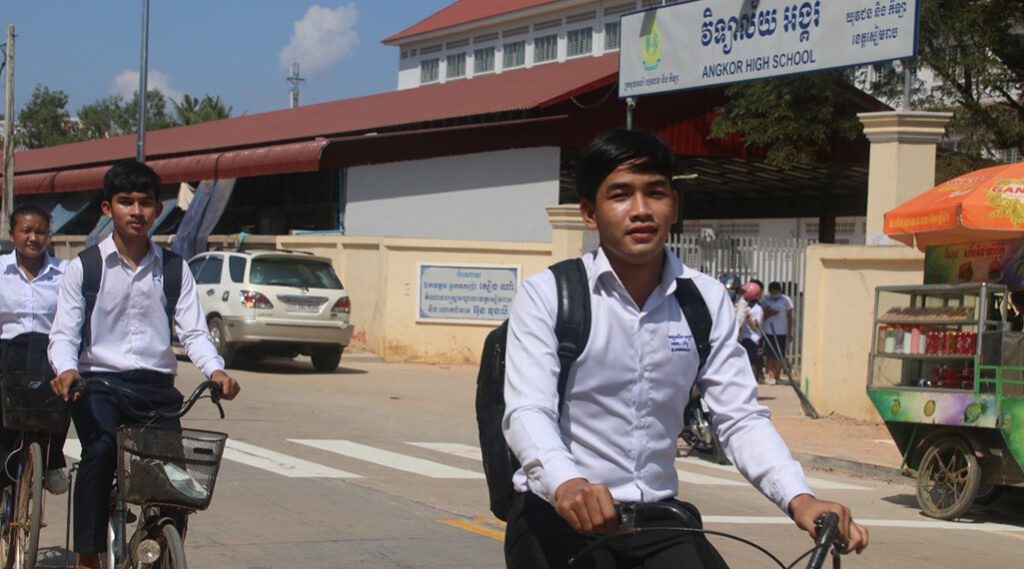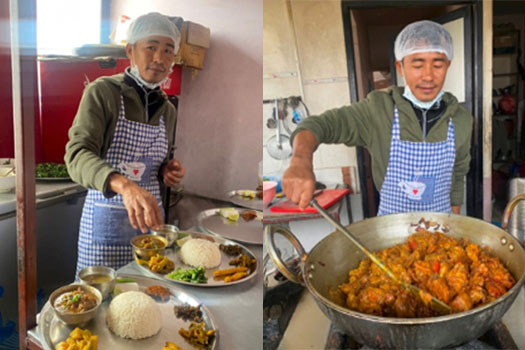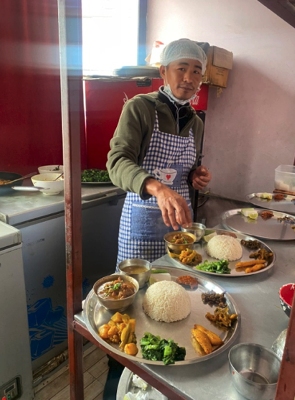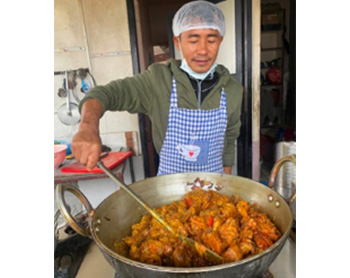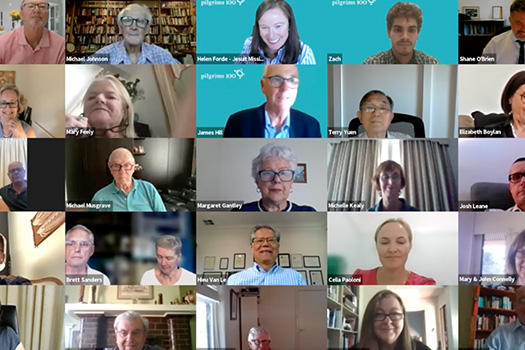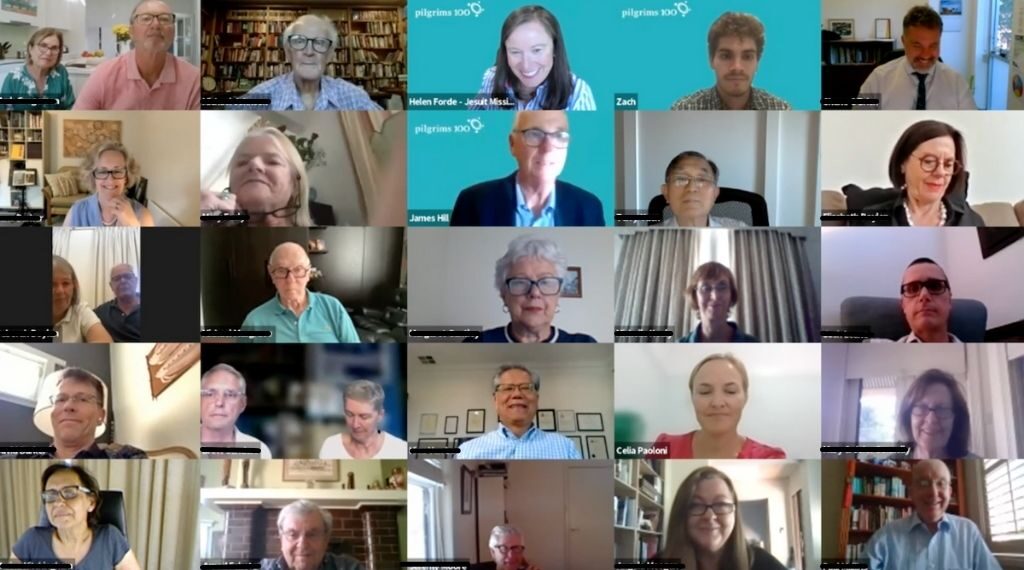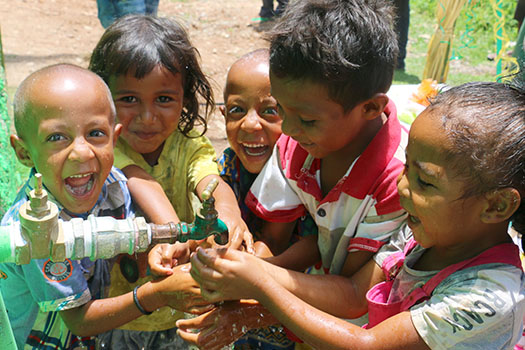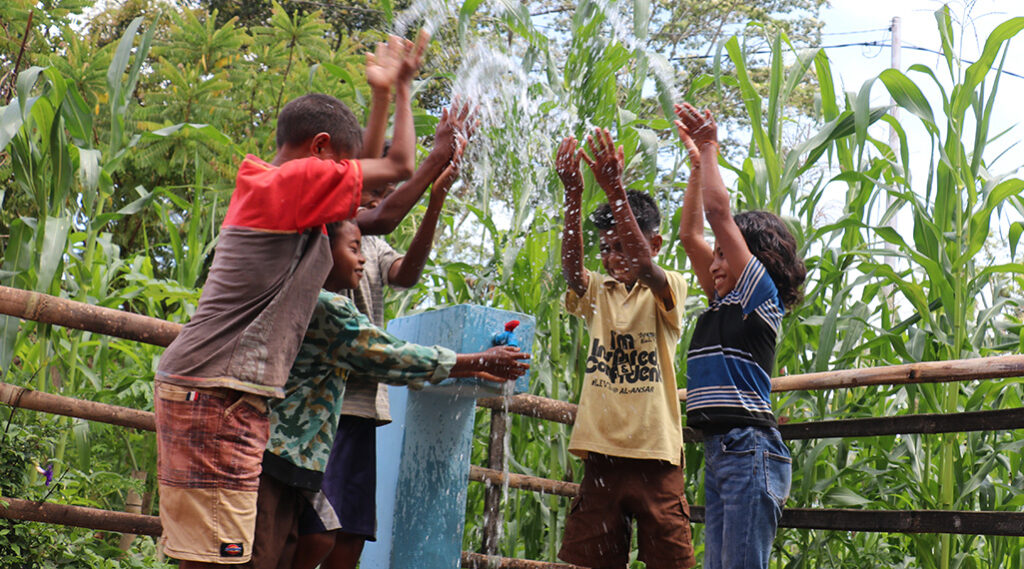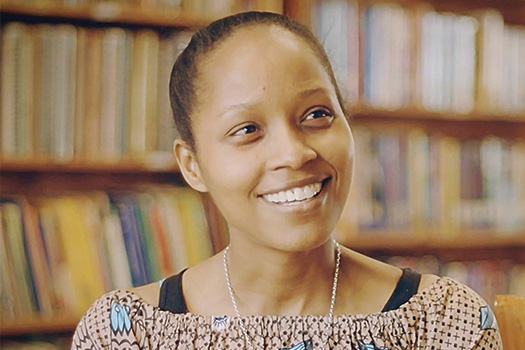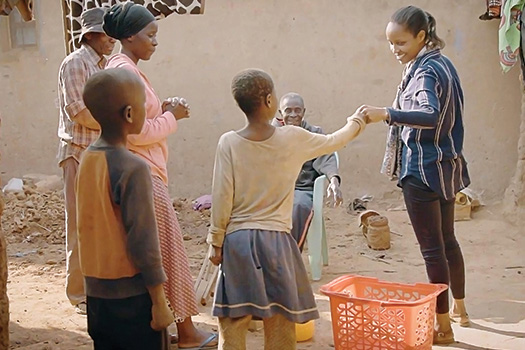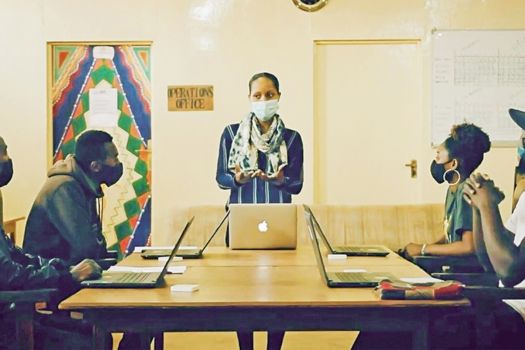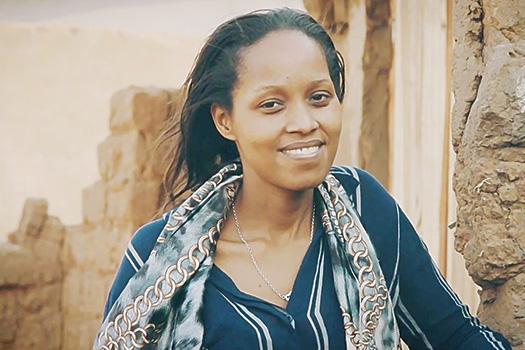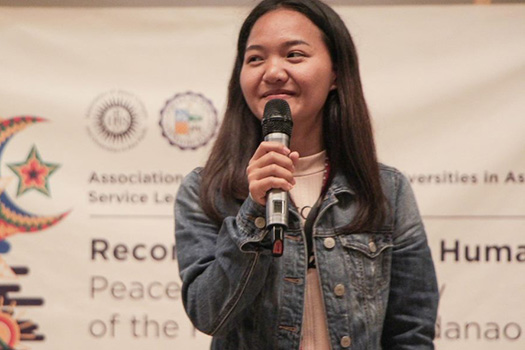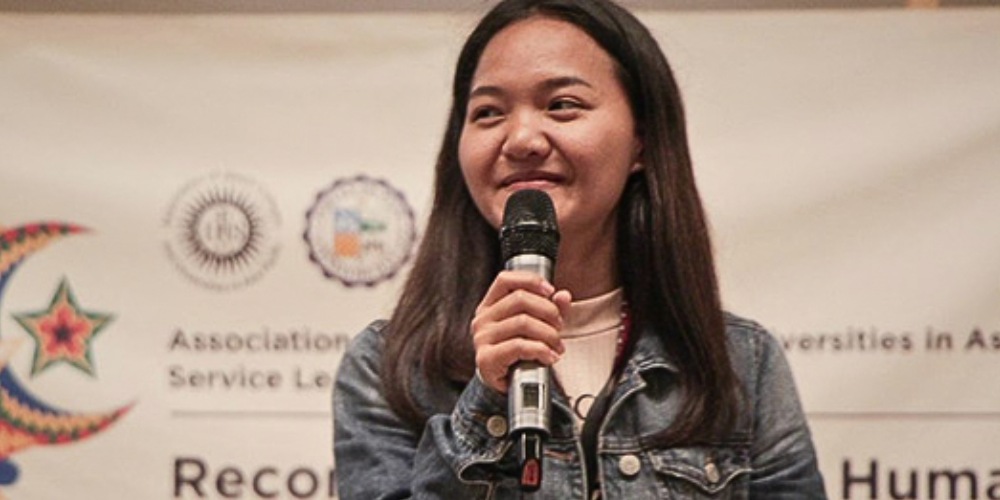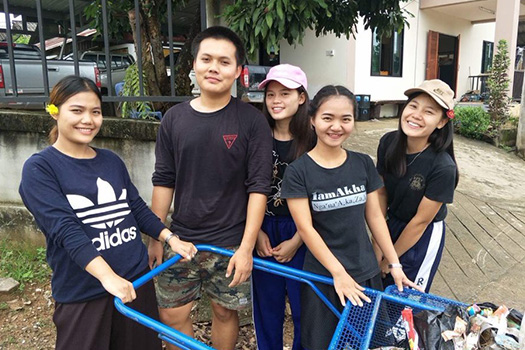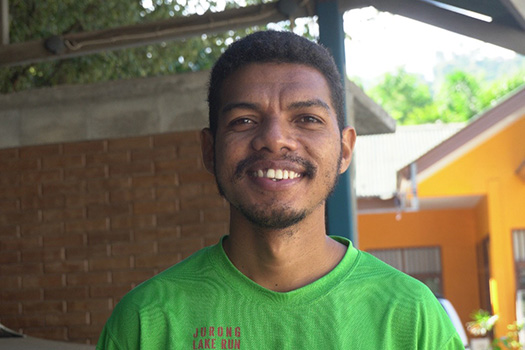
Accelerating the water project in Timor-Leste
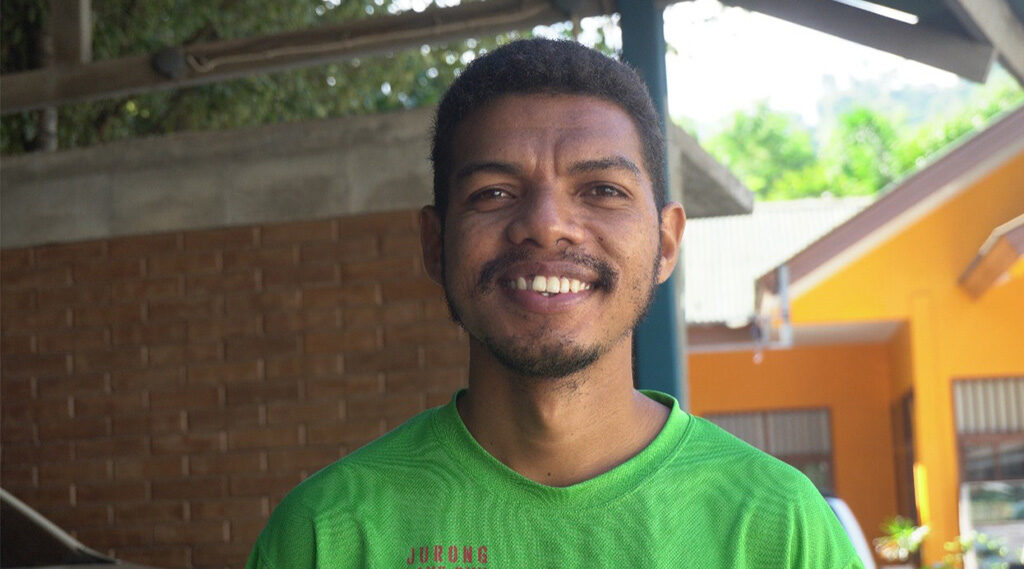
This month’s eNews coincides with World Water Day on 22 March. We reached out to Jose, the Program Manager Assistant for Jesuit Social Service’s (JSS) Water Project in Timor-Leste on the importance of his role.
[quotes]“I started working here in mid-2021. JSS needed a person to help in accelerating the implementation of the water project in rural areas and I was hired for the job.”[/quotes][quotes_author color="#000"] Jose [/quotes_author] [break height=30] [quotes]“I hope to give more formation on water management and also on environment protection, how to take care of water by protecting and conserving the ecosystem that supports the sustainability of water."[/quotes] [break height=20]The water project helps bring life-changing new water systems to remote villages in Timor-Leste, which is vital in a country where one-third of people in rural villages do not have access to clean safe water.
The burden of collecting water often falls to children, who have to walk up to five hours each day, carrying heavy containers of water.
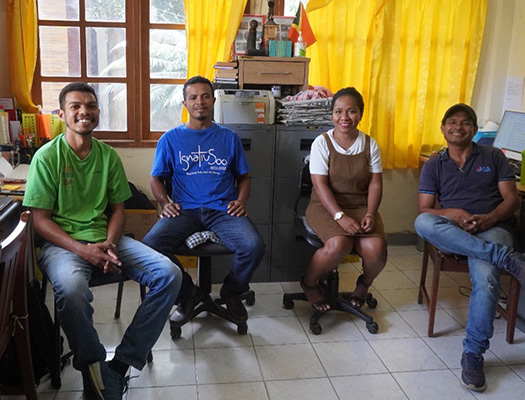
Prior to his role at JSS, Jose studied community development at university and was also a coordinator and activities organiser for Magis group in Timor-Leste.
Now his tasks include contacting beneficiaries and coordinators at the project locations in order to organise meetings and mobilise the resources needed to finish the establishment of the water facilities.
Thanks to your generosity, Jesuit Mission’s partnership with JSS has brought clean water to more than 12 rural villages, transforming the lives of thousands of people.
Find out more about our water projects and other health and basic rights projects.
[break height=10]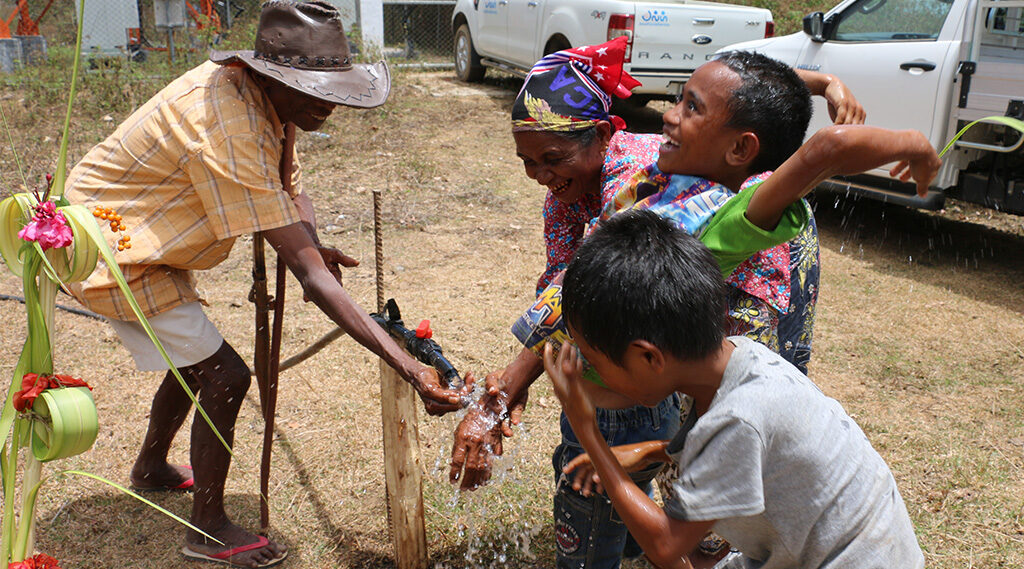
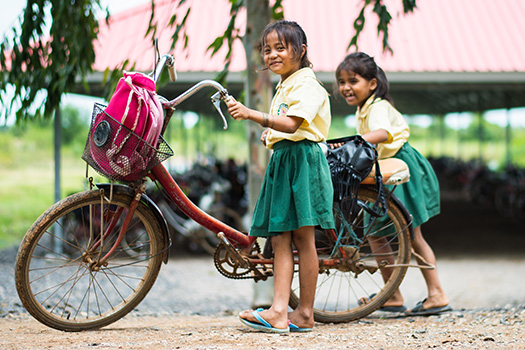
Gifts for Change Easter
Instead of buying chocolate eggs for someone this Easter, you could consider supporting our Gifts for Change Program.
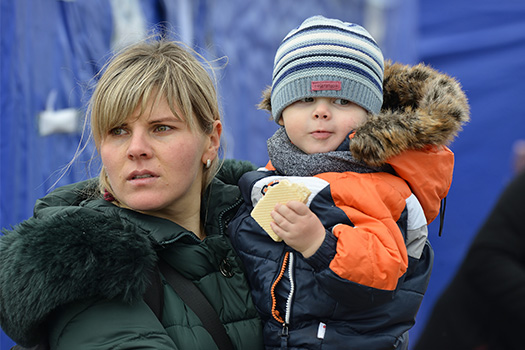
First Spiritual Exercises - Finding Light
Let us join together in the Prayer of Finding Light written by Fr Michael Hansen SJ, National Director of the First Spiritual Exercises Program.

